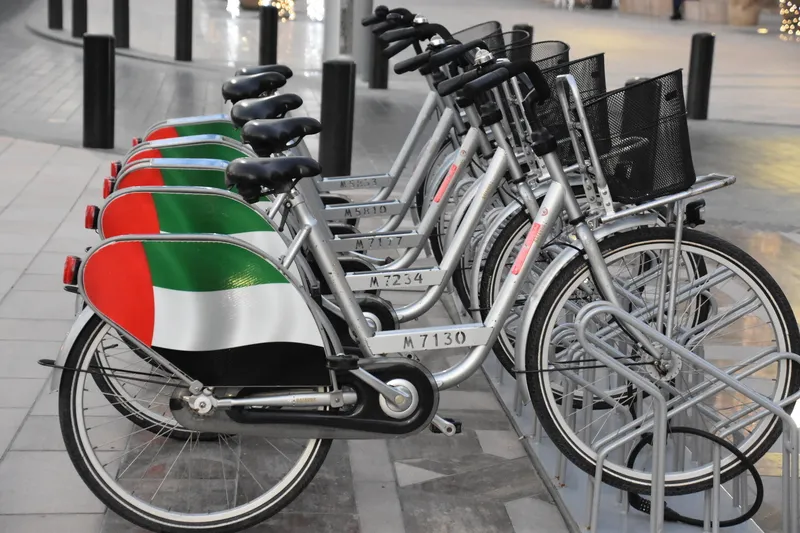
With cost-per-mile estimates rising and technical issues that remain outstanding, it is likely the first passengers will board a hyperloop in 2040 at the earliest.
Delays to its development are at the moment mostly economics and not technical, according to Lux Research a provider of tech-enabled research and advisory services and based in the US city of Boston.
“Despite the considerable amount of hype and attention that hyperloop has received and the potentially important role it could play in decarbonising long-range transit, the concept remains more or less unproven," said Christopher Robinson, Lux senior analyst.
“Serious questions remain about its economic feasibility.”
The company’s new report, Analysing the Technical Barriers to Realising the Hyperloop, focuses on the technically feasibility and cost-effectiveness of hyperloop.
It concludes that while the hyperloop concept is technically feasible, it will require significant development to become cost-effective.
Hyperloop differs from conventional rail because it operates in a vacuum system that reduces aerodynamic drag, thus enabling higher speeds and greater energy efficiency.
There are four main design elements creating technical challenges: pillar and tube design, pod design, propulsion and levitation of the pods and finally the station design.
Lux found that pod design is the fastest-growing area for hyperloop patent activity, with a focus on improving comfort and performance.
Customer comfort is important due to the pod’s compact, enclosed space with no windows. This can increase the likelihood of customers getting sick.
Optimising pod performance is key to minimising drag and reducing costs because pod design choices have a significant impact on tube design and aerodynamics.
Propulsion and levitation systems have the least patent activity, in part due to the fact that hyperloop will likely adapt magnetic levitation, or maglev, technology.
However, one of the biggest technical challenges will be identifying the optimal system pressure and minimising leakage of the vacuum system, which, if higher than expected, can increase operating costs and reduce top speeds.
“Selecting the hyperloop’s tube pressure is the most important factor impacting cost, for both operational expenses and initial capital for tube design and construction,” said Lux associate Chad Goldberg.
“Most hyperloop developers are aiming for a range between 50-250 pascals to optimise energy costs.”
As proposed hyperloop projects are seeing increasingly large estimates in cost-per-mile, along with key variables in operating costs still unknown.
This means that hyperloop projects are a long way from proving economic feasibility. Important indicators to watch for are development of high-speed and full-scale test tracks and government support, both financially and in developing hyperloop regulations.








